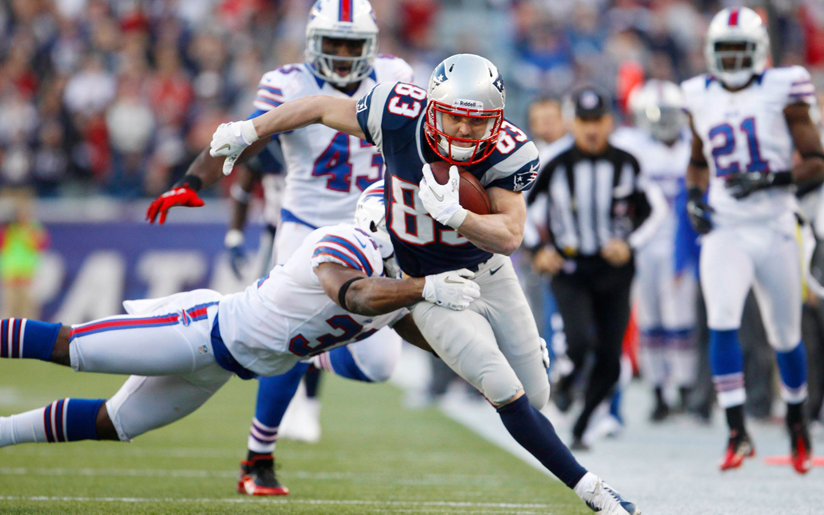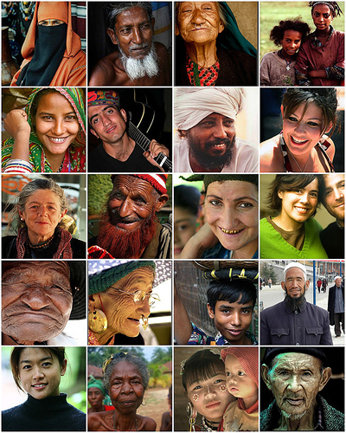
-
HOME
-
WHAT IS STANDOur Mission Our Values Our Help Contact
-
WHAT WE FIGHT FORReligious Freedom Religious Literacy Equality & Human Rights Inclusion & Respect Free Speech Responsible Journalism Corporate Accountability
-
RESOURCESExpert Studies Landmark Decisions White Papers FAQs David Miscavige Religious Freedom Resource Center Freedom of Religion & Human Rights Topic Index Priest-Penitent Privilege Islamophobia
-
HATE MONITORBiased Media Propagandists Hatemongers False Experts Hate Monitor Blog
-
NEWSROOMNews Media Watch Videos Blog
-
TAKE ACTIONCombat Hate & Discrimination Champion Freedom of Religion Demand Accountability
Being Different: A Sensational Analogy
Its controversial and high-profile members are in the news almost daily, their alleged transgressions the subject of public scorn and debate, while its devotees are infamous for their cultish adherence to bizarre rituals. They congregate weekly, engage in ceremonial chanting, their feverish discourse unintelligible to outsiders. They have their own lexicon full of abbreviations and phrases only a close-knit group of adherents even vaguely comprehend.
But it doesn’t stop there.
They indoctrinate their youth from an early age and turn them into ardent followers of their unorthodox—some would say strange and dangerous—way of life. Any outsider would note that its members appear to talk of nothing else, while their homes are adorned with unusual plaques, insignia and symbols. Its most elite “staffers” wear uniforms and command divine status amongst acolytes and higherups alike. It attracts the rich, the poor, the middle class, and some of Hollywood’s most famous names are vocal adherents.
They recently held their annual, ritualistic gathering, attended by throngs of “fans.”
Critics and detractors agree it’s a “business” demanding vast sums to attend its gatherings, ascend its ranks and attain some imagined nirvana. Their “cathedrals” can be seen prominently in major population centers all over the country, while they’ve embraced high-tech communication channels to “get the word out,” proselytize and convert the masses.
They recently held their annual, ritualistic gathering, attended by throngs of “fans.”
It’s called the National Football League, “NFL” to initiates.

Anything that commands dedication and devotion could be deemed a “cult” by anyone unfamiliar with it. Hyperbolic words and phrases can be used to make anything seem foreign or alien to those who deem themselves “normal.” Our endlessly benevolent and sensationalistic media knows these words and phrases like the back of their press packets. Exaggeration and embellishment are their bread and butter, their modus operandi for viewership, subscriptions and clicks.
The NFL, soccer (aka football), Apple, Call of Duty, Star Wars, the Grateful Dead, Subaru—all have ardent and loyal followings. The more serious devotions—the military, the arts, family, one’s job, spirituality, religion—all require time and effort for those who deem themselves greater than mere dilettantes.

The double standards we see daily are a neverending source of astonishment to our more analytical faculties. Being really into Nike sneakers, Instagram, mixed martial arts, science or coding is quite all right but if it’s a relatively new, minority religion, it’s strange and a target for, media contempt and cynicism.
Despite terrible things in the world, there is a movement toward tolerance and understanding, where people are waking up. I keep hearing about the value of mindfulness and self-awareness, yet our society has a blind spot when it comes to new religious movements.
Distrust of something new is as old as time. Some distrust “organized” religion, and that too is understandable. But if a new system of thought contained practical answers, wouldn’t it automatically get organized by those who apply its principles?

I believe it’s time that anyone claiming tolerance and rationality think twice before demonstrating the obvious double standard. Last I checked, being focused and dedicated to something spiritual meant that you’d like to make a difference in the world, and since when did being “normal” equate to greatness? All my heroes—rock stars, entrepreneurs, mavericks and artists—not one of them could be described as “normal.” Different yes, never normal.
Being different has meant having a different skin color, being from another country, speaking a foreign language, a different orientation, subscribing to an unorthodox belief system. It’s easy to become tribal. When I was a kid you’d wear a leather or jeans jacket adorned with buttons of your favorite bands, and kids would point and scoff at those with different musical tastes.
But we’re not kids anymore, are we?

We live in the diverse and pluralistic 21st century, where thanks to technology you get to see the world from multiple points of view.
How about not allowing ourselves to be blinded by intolerance and the sensational media?
How about seeking to understand others who are different in some way?
And as they say on the gridiron, play ball!









